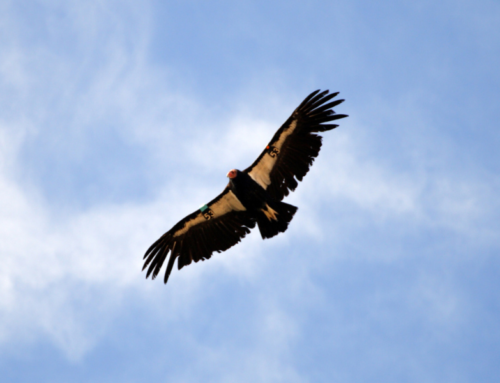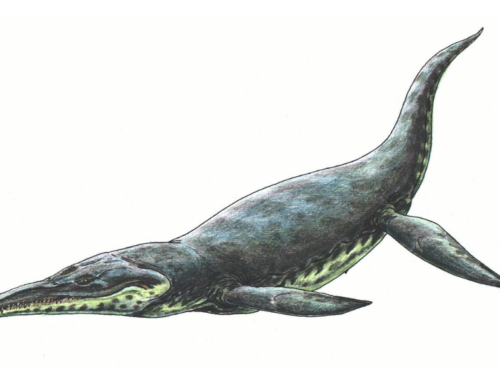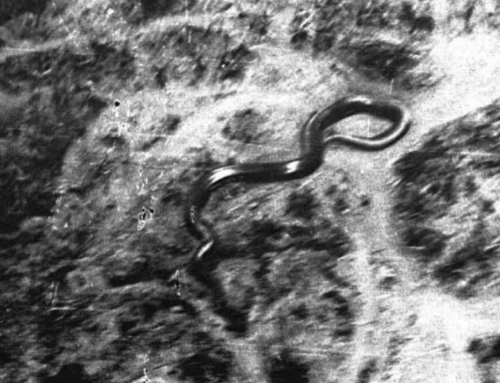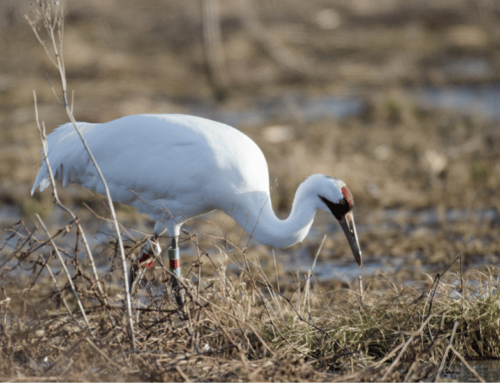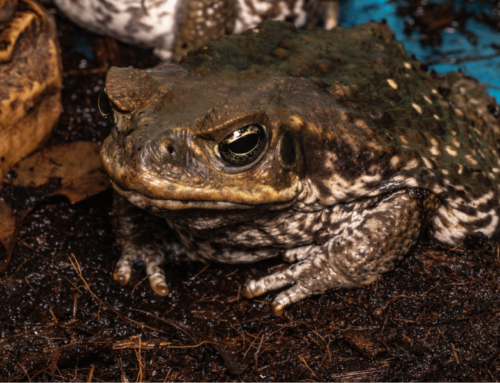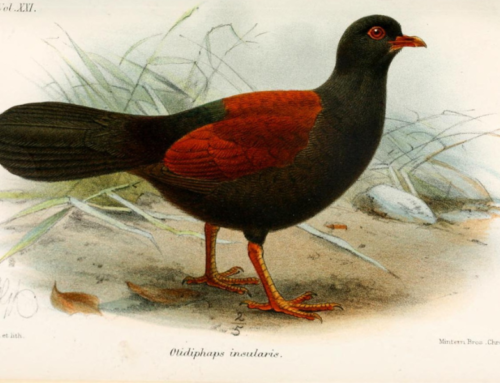
Many people don’t understand the importance of wildlife conservation. You might not think that a certain species of bird or whale going extinct is actually something that you need to care about. After all, how does an animal you’ve never heard about going extinct affect your life at all? Well, there are actually lots of different reasons to care about wildlife conservation.
This blog is all about aspects of conservation that prove the importance of wildlife.
8 things to know about the importance of wildlife conservation
Definition:
Before getting into why conservation is important, we should first define what it is. Wildlife conservation is the movement and philosophy of protecting species from extinction, maintaining the integrity of natural habitats and protecting biodiversity. Methods include preventing deforestation, preventing overfishing, minimizing pollution and stopping climate change.
1. Protecting against climate change
Climate change is an increasing problem. More heatwaves and more extreme weather is expected with the increase in greenhouse gases in the atmosphere. The last few years have been among the hottest on record.
One of the ways in which we can mitigate climate change is to preserve natural environments. Plants and animals serve as carbon sinks. Carbon has different places where it can exist in the natural world. It can be in the atmosphere, in the biosphere, the ocean or in sediments. Carbon cycles between these different sources continuously, unless it is sequestered into the soil.
If more and more of the natural environment is destroyed, then the carbon from dead plants and wildlife will eventually make its way into the atmosphere as carbon dioxide. This will increase the amount of carbon dioxide in the atmosphere and further heat the plant.
This is why natural environments should be protected. The more carbon is stored inside living organisms, the easier mitigating climate change will be.
2. Medical Treatments
Some people believe that a species going extinct will have absolutely no effect on their life. How could, for example, a random species of woodpecker disappearing affect them?
Not so fast. Wildlife, including plant life, can be involved in medical treatment. There are anti-cancer drugs that are nature-derived that we rely on daily.
Lots of people have a personal dislike of snakes but snake venom is used in many different types of medical treatments. Examples of conditions that can be treated this way include heart conditions, Alzheimer’s, Parkinson’s, cancer and high blood pressure.
Millions of people lose their lives prematurely from cancer. What if the cheapest cure for cancer lies in a serum that could have been derived from an extinct species? This means countless lives have been lost unnecessarily because we didn’t take proper care of wildlife.
3. Mental Health
Medical science has over the years come to the conclusion that maintaining good mental health is among the most important factors for living a long, healthy life. Having bad mental health can lead to bad physical health and vice versa. This means that physical and mental health both need to be taken care of to live a long, healthy life.
Studies have shown repeatedly that spending time in nature, among wildlife, is one of the most effective ways to relieve stress and keep your mental health in its best shape. Throughout so much of our evolution, we lived in the wilderness. Living in cities, away from trees and wildlife, is a relatively recent development in our lives. It’s not a coincidence that depression has gone up as younger generations spend more time in front of screens.
A completely destroyed natural environment, where there is little to no plant life or animals, is not going to help you maintain good mental health as much as a lush and vibrant habitat would.
4. Intrinsic Value
This point is probably the least objective reason to become a conservationist. For many who simply don’t care about the natural world, they won’t find this reason convincing.
However, I do think there is intrinsic value to keeping endangered species from going extinct. When you look at the photos, paintings, and videos of animals that have gone extinct like the Tasmanian tiger or the great auk, it can give many a profound sense of loss. The natural world is now missing many of its natural inhabitants.
The only way to make this situation even more sad is to add even more magnificent creatures to the extinction list. Some of the most amazing animals alive today are on the verge of extinction.
Would anyone consider a long cruise on the ocean better if there were no whales to watch breaching? Would anyone find hiking more fun if there were no bird songs to hear?
If you are religious, then a good argument can be made that preserving the natural world and all of its life is what a higher power would want. Since this world is God’s creation, it would make sense that ultimately, destroying it would be a sin.
5. Preventing New Pandemics
This is a very timely aspect that proves the importance of wildlife conservation. With the coronavirus pandemic over for the most part, we need to take this moment to prevent the next one. Make no mistake, the next one is coming and it’s coming sooner if we don’t take steps to prevent it. If humans didn’t have such close contact with bats in Wuhan, China, then this pandemic may have never happened.
Wild habitats for animals can prevent new infectious diseases from jumping to people. One reason for this is bringing wildlife into close proximity to domesticated animals. They can transfer viruses into domesticated animals, where they can mutate, become deadly and infectious to humans.
What happens to ecosystems and wildlife when they are being destroyed? The health of an ecosystem has a direct effect on its wildlife. One consequence of habitat destruction is animals becoming more stressed out. The more stressed an animal is, the more likely it is to get sick, due to a weakened immune system. With more animals getting sick, domesticated animals and people are more likely to get infected with a novel virus.
With further encroachment into their habitat, contact with these animals becomes more likely. This is especially true for animals that have survived the destruction of their homes and are looking for a new place to settle.
The healthier the ecosystem, the healthier the animals will be and the less likely we will be infected with the next novel virus.

An American Bison in the wild
6. Cultural Preservation
Almost all cultures in today’s world have connection to the native wildlife. Indigenous cultures are especially connected to nature. For example, many Native American cultures see the American Bison as a spiritual animal that they have a meaningful connection with.
If more and more species go extinct, we could be losing a large part of people’s cultures from around the world. Those important interactions between people and certain species of animal could become a thing of the past.
7. Food Security and Availability
Even the staunchest of non-environmentalists doesn’t want their food availability disrupted. We all need to understand that so much of the food that we eat still comes from the natural world. Tuna for instance, is mostly wild-caught. Only bluefin tuna has been farmed commercially. The other species can only be eaten from the ocean.
If an ecological catastrophe occurs, this doesn’t only affect wildlife, which would already be bad for food supplies, it would affect agriculture as well. Farmers could see dramatic drops in their annual crop yields. With less food available overall, the prices are bound to increase dramatically.
Climate change, which is also negatively affected by environmental degradation, also affects crop yields and wildlife populations. With warmer waters, we shouldn’t be surprised when the fishing industry is bringing in less fish than usual.
There are entire communities that depend on getting food from wild-caught sources. This is especially true in developing parts of the world. Wild-caught animals can absorb harmful chemicals from pollution, which we in turn eat.
Our food is still in large part, connected to the natural world and highlights the importance of wildlife conservation.
8. Jobs and Economic Prosperity
The importance of wildlife conservation extends to people’s livelihoods. There are some animals that are awe-inspiring to almost everyone. These animals can attract tourists from all over the world.
People who are traveling to new parts of the world want tour guides and others who can safely take them to where the animals are. If the most interesting native species goes extinct, it could have serious negative effects on those jobs along with bringing down tourism. All countries benefit from more tourism.
There are some people who will travel thousands of miles simply to see a single species of animal.
Conclusion:
The importance of wildlife conservation may not be obvious to many but here we have discussed why no one should be in a rush to destroy the environment and kill off endangered species. The natural world is filled with lots of amazing wildlife that deserves to be saved. Even people who don’t normally care about conservation and environmentalism have lots of reasons to not ignore the importance of wildlife conservation.
